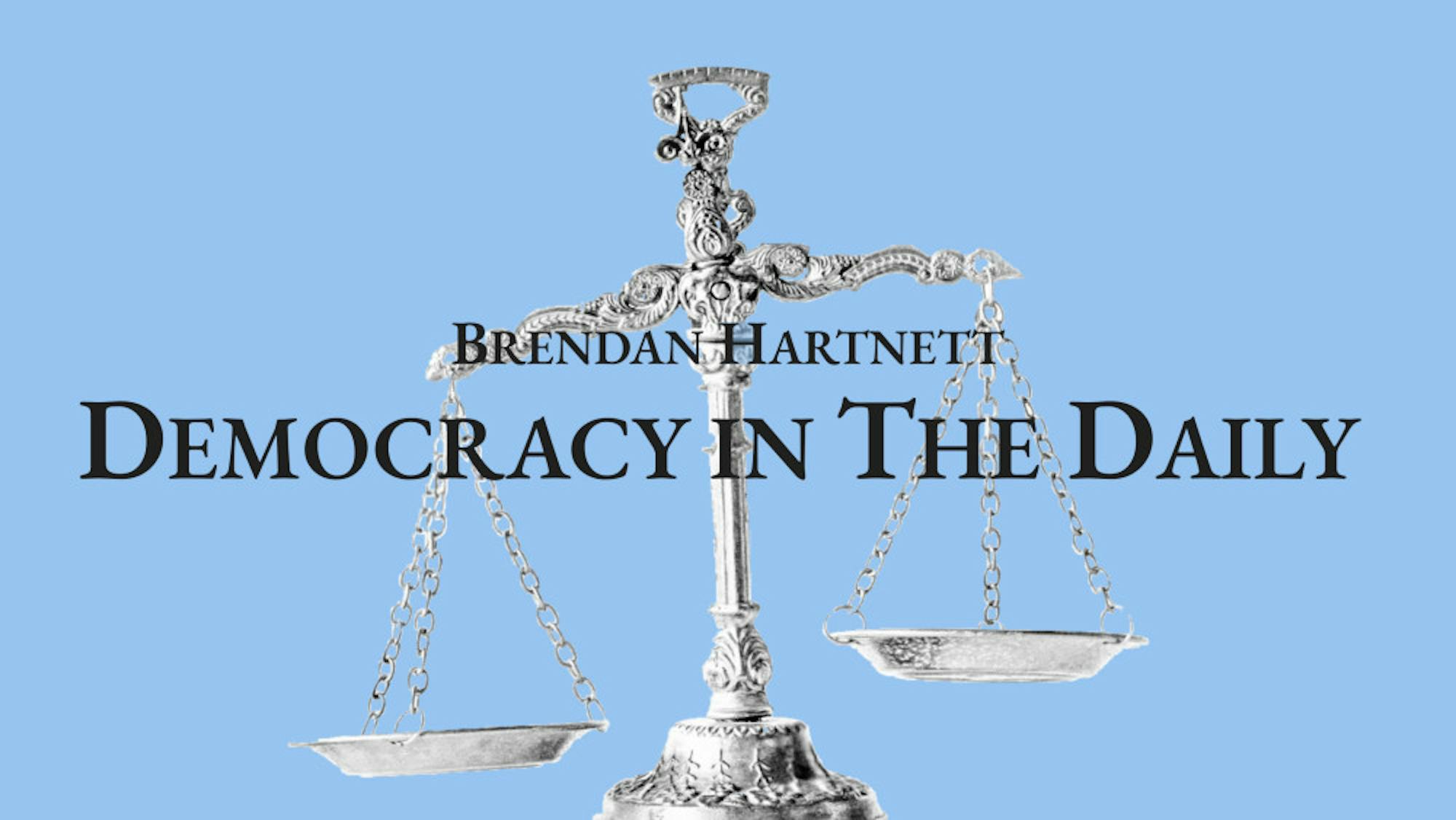In a 2013 speech before the press in Kazakhstan, Chinese President Xi referenced the past glory of the ancient Silk Road, a trade pathway that once connected Europe with China and dominated international markets. Reflecting upon the glory of the since-expired trade path, Xi proposed a major infrastructure project that would revive overland trade routes between China, Central Asia and Europe: an economic belt.
About a month later, Xi traveled to Indonesia and announced the creation of a new maritime Silk Road. The project would build and upgrade ports along the already well-traveled sea corridor between the Indian Ocean and China.
Thus began the Belt and Road Initiative, Xi’s major infrastructure project to reroute global trade through China in the hopes of becoming the world’s new superpower.In this project, China provides loans to fund the creation of new infrastructure — deep water ports, high-speed rail systems, bridges, highways, pipelines and fiber-optic networks —in countries throughout the Global South. The project spans three continents and touches over 60% of the world’s population.
Last Friday, President Joe Biden discussed implementing a new program with British Prime Minister Boris Johnson to counter China’s Belt and Road Initiative,proposing “a similar initiative, pulling from the democratic states, helping those communities around the world that, in fact, need help.”
Biden’s proposal recognizes a true threat posed by China to the world order. Previously, countries seeking loans for development projects needed to meet the World Bank’s strict conditions for loan recipients. Frequently, these include structural adjustment programs, currency reform and austerity.
But China doesn’t require countries to meet these standards.Instead, it offers loans to countries that will not be able to pay them back. Many of these recipient countries are regularly plagued by corruption and stagnant economies that would inhibit them from receiving a loan from the World Bank.
This type of predatory lending is termed debt trap diplomacy. Rather than defaulting on the loans, these developing countries lease ports and roadways to China.In doing this, China gains power over recipient nations, holding them hostage by way of their debt.Experts speculate that China’s grand strategy is to create a string of pearls — a network of Chinese naval bases that will allow China to police the Indian Ocean.
While many Western observers are anxious that this project will propel China to be the world’s sole economic superpower, the project poses a more fundamental threat to democracy.
The World Bank, in some cases, works to incentivize countries to protect human rights and implement procedural democracy.By establishing these as requirements for loans,the World Bank has used developmental financing as a means to encourage democratic development throughout the Global South.
Unlike loans from the World Bank, some of which are preconditioned upon ethical governance, protections of human rights and some level of democracy, China’s loans require little from the recipient nations.In fact, nations involved in the Belt and Road Initiative are overwhelmingly oppressive and autocratic.
China's minimal requirements for recipient nations have thus allowed many countries to maintain their autocratic structure rather than democratize as they formerly would have to receive development loans, threatening the diplomatic power of the old World Bank.






